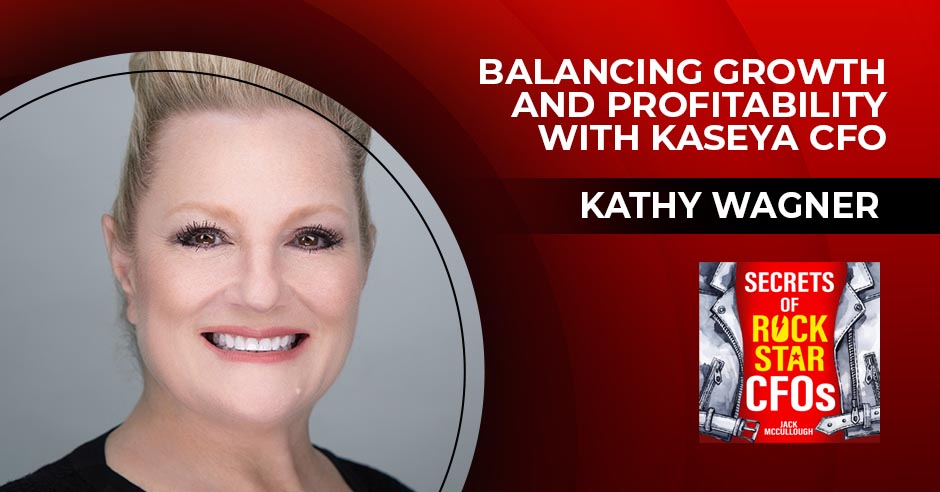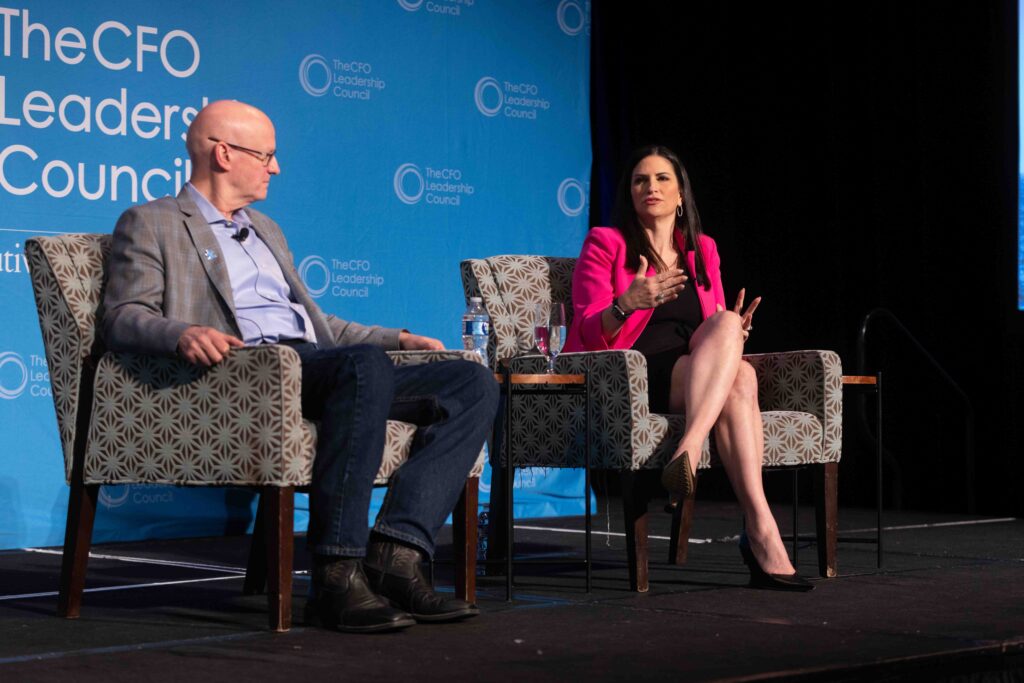Vijay Padmanabhan has spent 24 years at UST, a digital transformation solutions company, observing big technology changes inside the company and with client organizations. Although focused on getting companies to embrace innovation, UST has a human-centric approach to business. Newsweek recently named UST one of the country’s greatest workplaces for diversity.
Our Katie Kuehner-Hebert asked Padmanabhan about embracing technology within the finance function and his views on how to get employees to “think bigger.”
What do you see as the key risks and challenges to delivering growth in your business, and what are some of the risk management strategies you’ve adopted?
One of the most prominent risks to delivering steady growth is the uncertainty brought by volatile economic and geopolitical climates. Uncertainty not only makes it imperative to have an agile and meticulous planning strategy, but it also requires managing costs against the backdrop of unforeseen conditions.
Driving efficiency and reducing spending remains a top priority for most CFOs. However, growth and productivity are delivered through continual technological enhancement. Therefore, it is crucial to stay open to innovation and investment in technologies that could be essential to the company’s success, even when the future is unclear.
One risk to be managed is the possible damage to customer loyalty when customers experience disruption and we do not adapt. When customers undergo a transformation, we must follow suit to ensure we do the right thing for them, even if it means reduced revenue. The CFO must go beyond visualizing the bigger picture and encourage that thought process among finance and other functional teams.
How do you view technology as an enabler? Should other CFOs—even those outside the IT industry—view technology similarly?
Technology is one of the foremost enablers of transformation. The world we live in functions and thrives, thanks largely to technology. For me, access to various digital tools for automation and agility helps immensely in setting up the organization for success.
My team can deliver a superior employee and customer experience by utilizing various technologies to streamline and enhance reporting, efficiently monitor and control risks, analyze large volumes of data and elevate our organization’s outlook.
However, the great news about technology is that it is industry-agnostic and enables CFOs across sectors to play their part more effectively and strategically. GenAI, for instance, can help all CFOs in a range of areas, including cash management, financial risk management, regulatory compliance, market expansion, supply chain risk management and even hedging.
It is crucial to help people view technology as an enabler. A team must feel empowered to adopt new technology, but for this to happen, the company must maintain a culture of constant learning and upskilling.
What is your advice to those preparing to take on the CFO role at an organization?
People often assume that a CFO cannot think beyond numbers and, therefore, has little to contribute to beyond that. However, being a successful CFO does not mean just navigating numbers but also making strategic business decisions. I had to work hard at changing this perception by being open to feedback and working collaboratively with other functions.
The role of a CFO is closely intertwined with the business and strategy-setting functions, so new CFOs must spend time on the shop floor to learn the people, products and services down to the deepest level. Once they are confident in their understanding of the business, their decision-making will be balanced, well-rounded and effective.
I also believe it’s critical to have empathy in any leadership role. When I stepped into this role at UST, I learned about UST’s human-centric philosophy. It helps me stay grounded and open to learning more.
How do you identify new growth opportunities for the company, and what advice would you give other CFOs regarding this aspect of their job?
Building solid teams, embracing technology and asking the right questions can take you down exciting roads to success. The CFO needs to encourage employees to think bigger and empower them to take calculated risks. Placing finance team members across different streams in the organization can help unlock potential and open doors to new domains.
Identifying growth opportunities requires an open mind. However, nurturing an opportunity to the point of delivering results takes resilience and patience. These skills are cultivated and acquired through practice. Creating a safe space within a company where people can experiment and fail is essential.
A final piece of advice I have for my peers is to not be hasty in decision-making. I fully understand the kind of time pressure we are almost always under. Nonetheless, anything that’s critically urgent deserves a thorough examination. So, prioritize the right things, make time for them, study the choices and then make a call.








